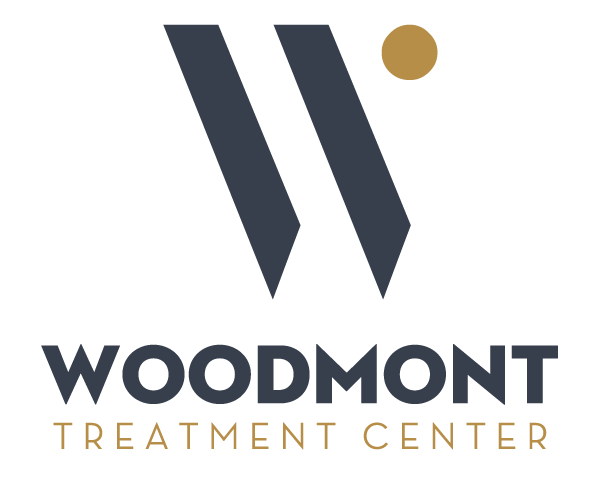Mental Health & Addiction Treatment in Long Island
Long Island Treatment Centers
- Woodmont Treatment Center
- Local Treatment Resources
- New York Treatment Resources
- Long Island Addiction Resources
Find the best mental health & addiction treatment centers in Long Island with the help of Woodmont Treatment Center. We offer you real, personalized solutions based on your individual needs in treatment.

100+
Addiction & Mental Health Treatment in Long Island
Substance abuse remains a significant concern for residents of Long Island, a place of remarkable contrast where picturesque landscapes meet the harsh realities of addiction. The community has faced numerous challenges related to the misuse of alcohol and drugs, prompting individuals and their loved ones to seek professional help to reclaim their lives. At Woodmont Treatment Center, located in Andover, New Jersey, we offer a sanctuary of healing. Our luxurious facility provides a serene environment where individuals from Long Island can embark on a transformative journey to recovery. With our state-of-the-art treatments and experienced staff, we deliver personalized, evidence-based care designed to address the unique needs of each client.
Local Resources
Discover how our evidence-based addiction treatment programs can help you find long-term recovery from drug & alcohol abuse today.
Types of Addiction Treatment Options and Levels of Care in Long Island
Long Island boasts a variety of addiction treatment options, each tailored to address different stages of recovery. Understanding the distinct levels of care can help you determine the most appropriate path to lasting sobriety. Finding the right level of care ensures that individuals receive the proper support they need during each phase of their recovery journey. With multiple treatment options available, those struggling with addiction can find a program that aligns with their specific circumstances.
Outpatient programs are ideal for those who require flexibility while undergoing treatment. These programs allow individuals to continue with their daily responsibilities, such as work or school, while attending therapy sessions and support groups. Patients benefit from structured sessions that help them manage cravings and develop coping strategies. These programs are particularly effective for those with mild to moderate substance use disorders who need ongoing support without disrupting their daily lives.
Intensive Outpatient Programs offer a more structured approach than standard outpatient care. Clients attend therapy sessions multiple times a week, engaging in both individual and group therapy to foster meaningful progress. These programs provide a higher level of accountability and support while still allowing participants to live at home. IOPs are often an excellent step-down option for individuals who have completed inpatient or residential treatment but still need frequent therapy sessions to maintain progress.
Partial Hospitalization Programs offer an intensive level of care suitable for individuals who need comprehensive support. Clients participate in several hours of therapy and skill-building activities each day, all while returning home in the evenings. This model allows for a structured environment similar to inpatient care but with the added flexibility of staying connected with family and responsibilities outside of treatment. PHPs are ideal for those transitioning from inpatient programs or those needing more structure than an outpatient program provides.
Residential treatment provides a fully immersive experience where clients reside at the facility throughout their recovery. This level of care is particularly beneficial for those seeking a structured and supportive environment free of external triggers. Living within a treatment center allows individuals to focus entirely on recovery without the distractions or pressures of everyday life. Residential programs often include a combination of therapy, wellness activities, and relapse prevention strategies to build a solid foundation for long-term sobriety.
Detoxification is a critical first step for individuals dealing with physical dependence on substances. Medical supervision during detox ensures a safe and comfortable process as the body eliminates toxins. Withdrawal symptoms can range from mild discomfort to severe health risks, making professional oversight crucial for safety and success. Following detox, individuals are encouraged to transition into a structured treatment program to address the underlying causes of addiction and prevent relapse.


Facts and Statistics on Addiction and Mental Illness in Long Island
Understanding the scope of addiction and mental illness in Long Island underscores the urgent need for effective treatment resources.
Research indicates that alcohol and opioid misuse are particularly prevalent in Long Island, with thousands of individuals struggling with these addictions annually.
Co-occurring mental health disorders often accompany addiction, complicating the recovery process. Conditions such as depression, anxiety, and PTSD are common among those battling substance abuse.
Unfortunately, Long Island has witnessed a significant number of drug overdose fatalities, emphasizing the importance of timely intervention and comprehensive treatment.
4 Emergency Resources for Substance Abuse in Long Island
In times of crisis, immediate access to emergency resources can be lifesaving. Here are four critical resources for substance abuse emergencies in Long Island:
- Nassau County Office of Mental Health, Chemical Dependency and Developmental Disabilities Services: (516) 227-7057
- Suffolk County Division of Community Mental Hygiene Services: (631) 853-8500
- Long Island Council on Alcoholism and Drug Dependence (LICADD): (516) 747-2606 / (631) 979-1700
- NYC WELL: 1-888-NYC-WELL (1-888-692-9355) – A confidential helpline serving the broader New York area, including Long Island.
What to Look for in Addiction Treatment Centers in Long Island
Selecting the right rehab program is a crucial step towards recovery. Here are some key factors to consider when evaluating potential options:







How to Pay for Addiction Treatment in Long Island
Navigating the financial aspects of addiction treatment can be daunting. However, various options are available to ease the burden:
Many insurance plans cover addiction treatment services. It is essential to verify the extent of coverage with your insurance provider.
Some treatment centers offer sliding scale fees based on your financial situation, making quality care more accessible.
Numerous facilities provide flexible payment plans to help spread the cost over time.
Explore eligibility for public assistance programs such as Medicaid, which may cover some or all of the costs associated with treatment.
Commonly Asked Questions About Addiction Treatment in Long Island
What types of addiction do Long Island treatment centers address?
Long Island treatment centers typically address a wide range of addictions, including but not limited to alcohol, opioids, heroin, cocaine, methamphetamine, and prescription medications.
How long does addiction treatment usually last?
The duration of addiction treatment varies based on individual needs but generally ranges from 30 days to 90 days. Extended programs are often available for those requiring longer-term care.
Can I receive treatment for co-occurring mental health disorders?
Yes, many Long Island treatment centers offer integrated treatment for co-occurring mental health disorders, ensuring comprehensive care for underlying issues alongside addiction recovery.
What should I expect during the detox process?
The detox process involves the supervised withdrawal from substances, typically lasting from a few days to a week. Medical professionals monitor and manage withdrawal symptoms to ensure safety and comfort.
How can family members support a loved one in treatment?
Family members can play a pivotal role in their loved one’s recovery by participating in family therapy sessions, offering encouragement, and learning about addiction to provide informed support.
Most Insurance Accepted
Here at Woodmont Treatment Center of New Jersey, we work with most major commercial insurance plans to help ease the financial stresses associated with treatment. Our caring and experienced admissions team will walk you through your personal options for treatment based on your individual benefits and coverage options.


















What Our Clients Say About Woodmont


A Beacon of Hope at Woodmont Treatment Center
If you or a loved one in Long Island are seeking high-quality addiction treatment close to home, Woodmont Treatment Center in Andover, New Jersey, stands as a beacon of hope. Our dedicated team of professionals, luxurious facilities, and comprehensive treatment approaches offer an unparalleled experience that fosters genuine healing and transformation.
Embark on a life-changing journey where recovery isn’t just a possibility—it’s a promise. Contact Woodmont Treatment Center today to take the first step towards a brighter, healthier future. Together, we can overcome addiction and build a foundation for lasting sobriety.
- 24/7 Medical Staff Onsite
- Experience Clinicial Team
- Trauma-Informed Care
- Client-Centered Program
- Dual-Diagnosis Foundation
- Integrative Medical Care
- Advanced Family Program
- Woodmont Aftercare+
Discover the difference Woodmont Treatment Center can make in your life. Reach out to us now, and let us guide you on the path to recovery.
How to Reach Us
address
293 Route 206, Andover Township, NJ
admissions@woodmontnj.com
Admissions
1-800-123-4567







